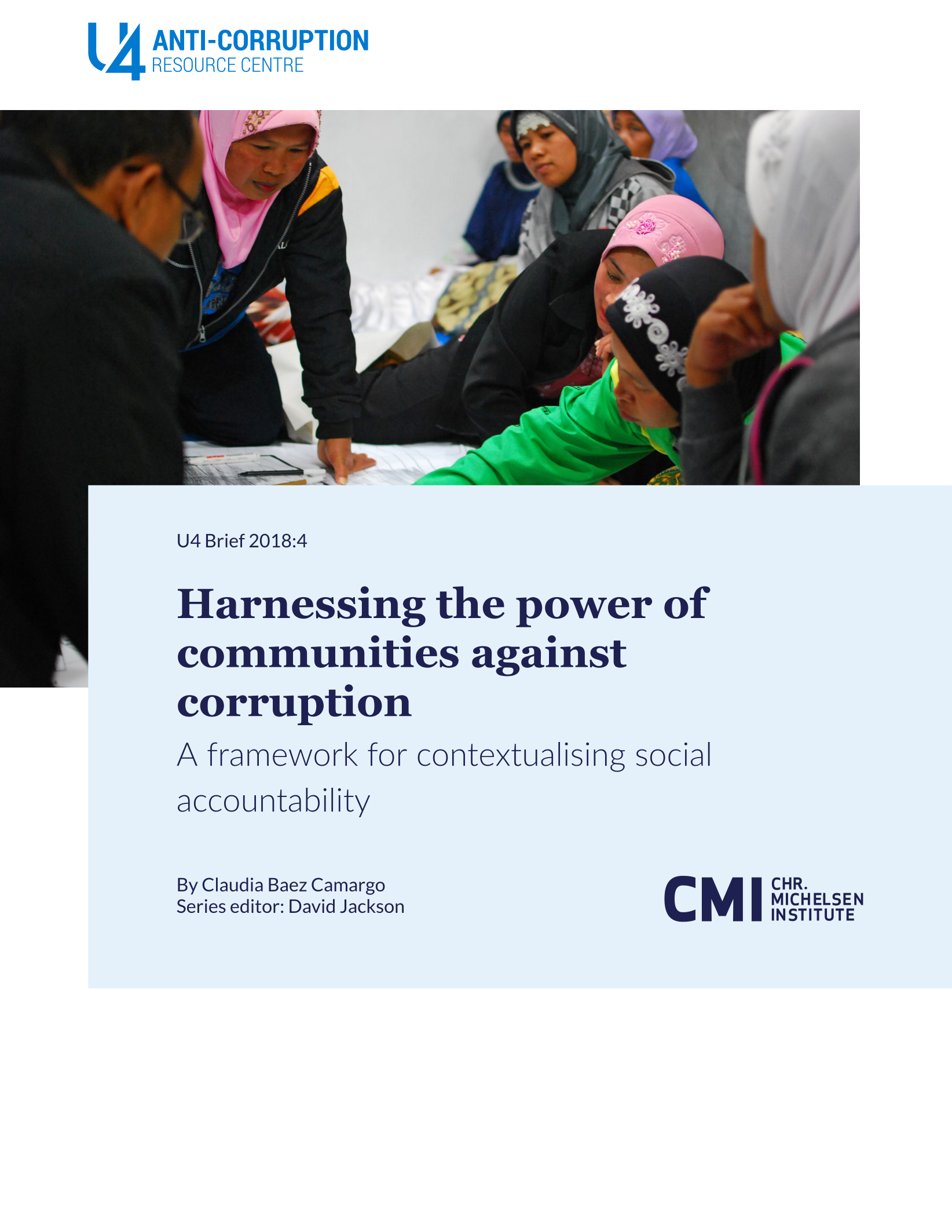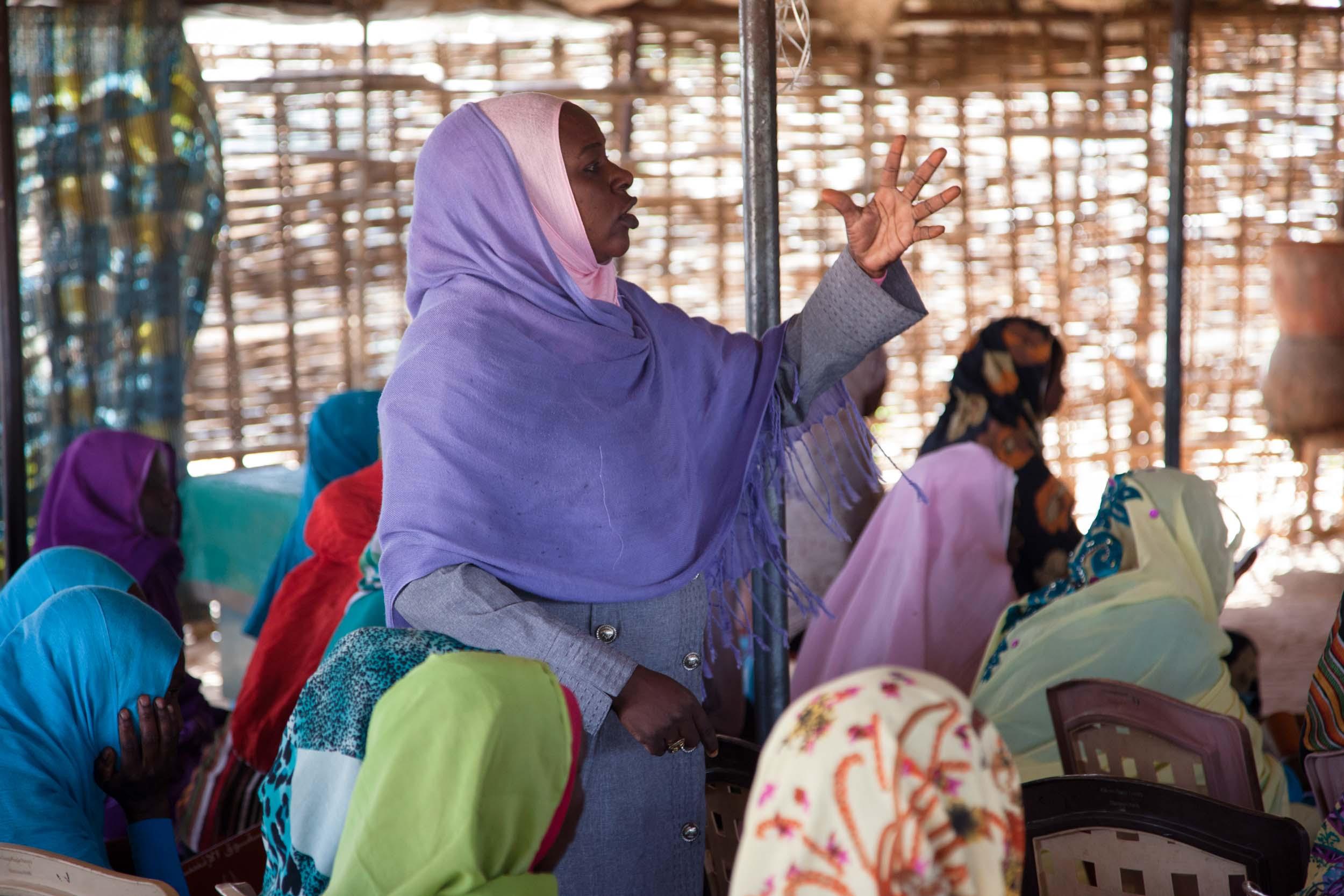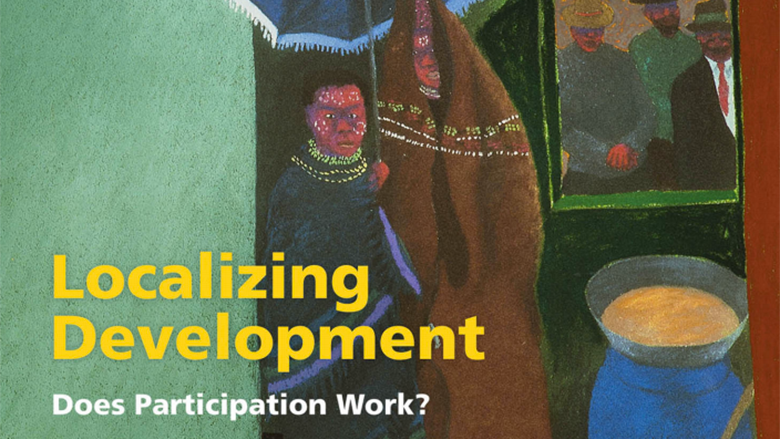Main points
- Designing successful social accountability initiatives to counter corruption in the delivery of public services requires taking into account particular features of each local context.
- It is important that social accountability initiatives apply an appropriate level of demand for citizen involvement and coordination. It should match the targeted community’s collective action capabilities.
- Understanding citizens’ attitudes and expectations when accessing public services helps tailor capacity building activities that empower citizens to counter corruption.
- Engage actors and stakeholders with high social trust in their communities to articulate and share citizens’ voice. This makes social accountability initiatives more effective.



